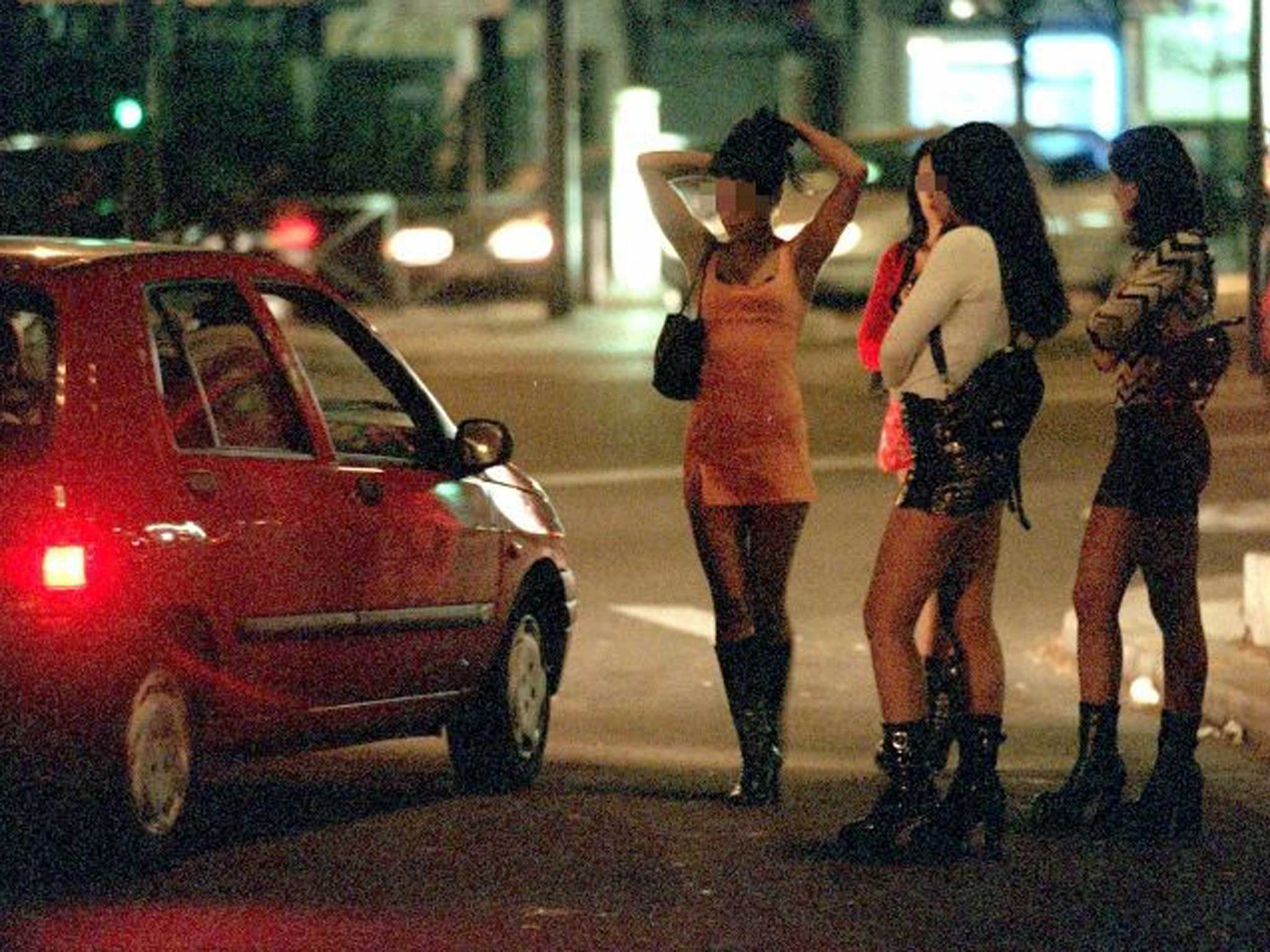France introduces fines for buying sex
A new law that will punish prostitutes’ clients goes before parliament this week, and is dividing feminists

Catherine Deneuve, who played a prostitue on film, is against. Sylviane Agacinski, one of France’s most respected philosophers, is for. Elisabeth Badinter, another feminist philosopher, is against. Should people who pay for sex be arrested, punished and forced to attend “re-education” classes?
A draft law that goes before the French parliament this week – and which has a good chance of passing in some form – will introduce a €1,500 (£1,250) fine, rising to €3,000 at the second offence, for prostitutes’ clients. Paradoxically, the proposed law would also make it easier for women, or men, to offer their bodies for sale on the streets. It would increase state funds to help prostitutes seek different lives. It would make it easier for foreign prostitutes to denounce traffickers and remain legally in France.
Supporters say this is a long overdue attempt to end the hypocrisies and contradictions surrounding prostitution in France. At present, prostitution is illegal in principle, but it is not illegal to be a prostitute. It is illegal to run a brothel or to be a pimp or to solicit even “passively” in public. It is not illegal to sell your body – or “buy” someone else’s.
Opponents of the new law – including several groups who represent the estimated 40,000 prostitutes in France – say it will make paid-for sex less legally coherent and more dangerous. If clients are forced underground, prostitutes will be, too. They will, more than ever, be at the mercy of traffickers, pimps and violent clients. The debate was last month complicated by a group of 19 male celebrities and semi-celebrities who called themselves the “343 salauds” or “343 bastards”. They signed a petition concocted by libertarian magazine Causeur, which concluded with the slogan “Touche pas a ma pute” (“Don’t mess with my whore”).
The petition – against “sexual correctness” and in favour of a man’s right to buy physical pleasure – infuriated feminist groups. It also infuriated prostitutes’ trade union Strass (Syndicat du Travail Sexuel) which agreed with the “bastards’” on the law but hated their jaunty attitude and their use of the insult “pute”. The secretary general of Strass, Morgane Merteuil, said that the “343 bastards” were “defending a right to screw us, while we are defending our right not to die of hunger”.
Another, more temperately worded petition was signed by a list of French celebrities, including actress Catherine Deneuve, who played a prostitute in the 1967 Luis Buñuel film Belle de Jour. Ms Deneuve and others wrote: “Without condoning or encouraging prostitution, we reject criminal penalties … which will merely drive prostitutes further underground.”
The argument against the draft law was also made eloquently in the newspaper Le Monde by Elisabeth Badinter, a feminist philosopher whose views often infuriate other feminists. “How can you permit women to prostitute themselves but forbid men to use their services? That is incoherent and unjust,” she said.
Ms Badinter argues that feminists should defend the “right of women to do as they please with their bodies”. A more orthodox feminist view is represented by Sylviane Agacinski, author of a book on the sexual exploitation of women. She says that prostitution is an “archaic” form of female “servitude” which is “intrinsically dangerous” for the “physical and mental health” of women.
The draft law seems likely to pass the lower house, or National Assembly, but will be opposed in the upper house, or Sénat. Most argument has focused on Article 16, which penalises clients. But the law would also make it easier for prostitutes to ply their trade. It would scrap a 2003 law, that bans soliciting on the streets.
But how can a law make it easier to sell sex while penalising its buyers? Hélène de Rugy runs a prostitutes’ support group, Amicale du Nid, which backs the new law. She said: “The 2003 law penalises the victims, the prostitutes themselves. The new law penalises people who exploit what the UN declared in 1949, and France in 1960, to be a form of violence against women. This law is more coherent, not less.”
Subscribe to Independent Premium to bookmark this article
Want to bookmark your favourite articles and stories to read or reference later? Start your Independent Premium subscription today.

Join our commenting forum
Join thought-provoking conversations, follow other Independent readers and see their replies